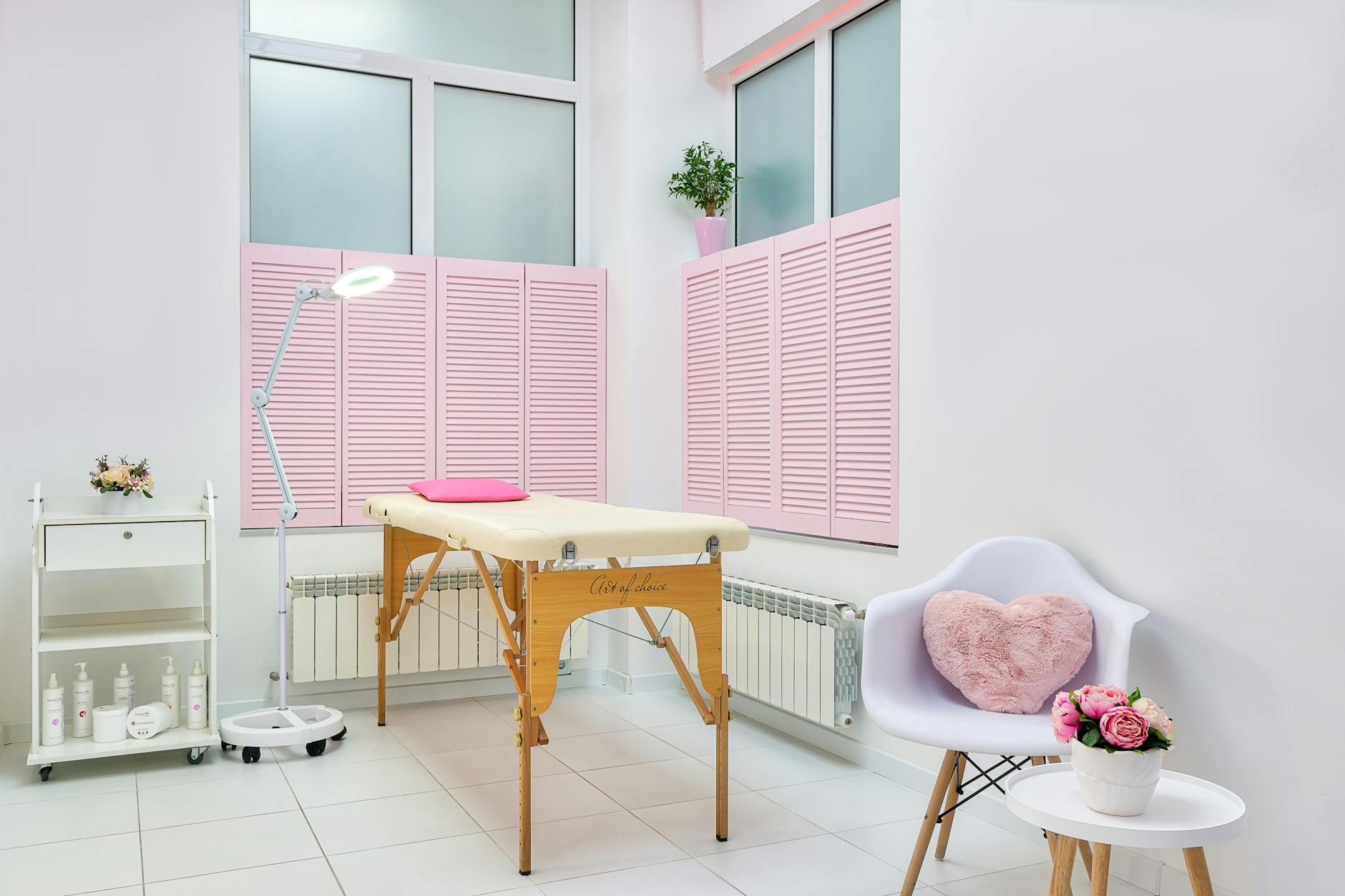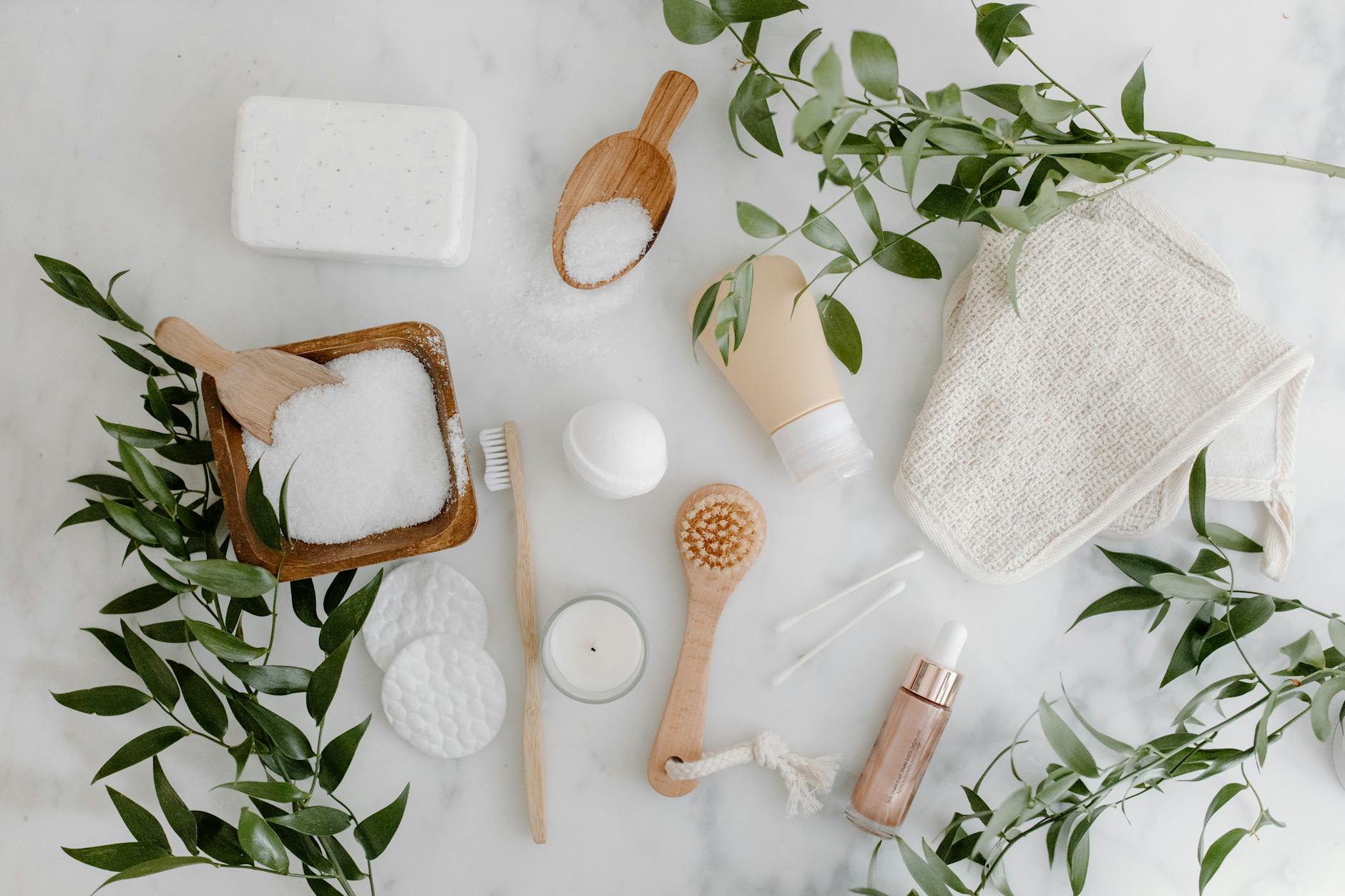Is Your Sunscreen Really Protecting You in the Australian Sun?

Australian Sun and Skin Protection
Intensity of UV Radiation
Living under the Australian sun, especially in vibrant cities like Melbourne, I notice how essential it is to effectively tackle UV radiation. Here, where the sun shines brightly almost all year long, UV exposure is intense. This reality means that daily protection is non-negotiable if we are to prevent long-term skin damage. Fitzroy, Melbourne’s innovative hub, is a great place to see how urban living and outdoor activities coexist. Here, it's common to see locals embracing sun safety as part of their daily routines.
Effects on Skin Health
Prolonged exposure to UV radiation can significantly impair skin health, leading to sunburn, premature aging, and even skin cancer. These hazards make it crucial for people engaged in outdoor sports and activities, like our friend Oliver, to use protective measures consistently. It's not just about avoiding sun damage today but ensuring that we maintain our skin’s health and resilience long-term. Strategies such as wearing hats and sunglasses or opting for zinc sunscreen can offer added layers of protection.
Misconceptions About Sunscreen
One common misconception is that wearing sunscreen is unnecessary on overcast days. This is misleading, as UV rays still penetrate clouds. Another myth is that a single application provides all-day protection, which is far from true. In reality, factors like sweat, water exposure, and physical activity diminish sunscreen effectiveness. Ensuring consistent and proper application, especially using formulations tailored for intense activity like kids sunscreen, is fundamental for reliable skin safety.
Understanding SPF and UVA/UVB Protection
When you're out and about, whether soaking in the vibrant atmosphere of Fitzroy's creative hubs or grabbing a coffee at Degraves Street, it's pivotal to understand what makes a natural sunscreen genuinely effective. The sun's impact is profound, and SPF (Sun Protection Factor) plays a critical role. SPF indicates how well a sunscreen can protect your skin from UVB rays, which are primarily responsible for sunburn. For example, an SPF of 30 means it would take 30 times longer for your skin to burn compared to no protection.
However, it's not just about SPF. Effective sunscreens need to provide UVA protection as well. UVA rays penetrate the skin more deeply, contributing to premature aging and potentially leading to skin cancer. Look for labels that mention “broad-spectrum” as they shield against both UVA and UVB rays.
Selecting a sunscreen that balances protection with environmental consciousness is increasingly necessary. Think of it as an extension of a sustainable lifestyle choice, akin to patronising sustainability-driven markets like the Queen Victoria Market. By opting for products that prioritise both skin health and ecosystems, we make steps towards a future where outdoor adventures can be enjoyed responsibly.
Eco-Friendly and Athlete-Safe Options
Importance of Reef-Safe Formulations
As we continue to embrace a sustainable lifestyle, the significance of choosing baby sunscreen that is kind to our reefs cannot be overstated. For those of us who spend many sunny days by the ocean, selecting products that are free from harmful chemicals such as oxybenzone and octinoxate is crucial. These ingredients are known to bleach coral reefs, so switching to reef-safe formulations supports marine conservation efforts—a topic often discussed in the sustainability-driven markets like the Queen Victoria Market. It's not just about personal protection but also preserving the natural environment we cherish.
Finding Biodegradable Solutions
When exploring sunscreen options, it's beneficial to prioritise biodegradable solutions. With Australia's vibrant outdoor culture, these eco-friendly products not only protect your skin but decompose naturally, reducing negative impacts on our beloved ecosystems. Many brands now offer sunscreens that are both biodegradable and effective, allowing you to enjoy outdoor activities with peace of mind, knowing that your choice aligns with environmental values.
Easy-Apply Products for Active Use
Ease of application is essential, especially when you’re heading out for a quick tennis match or maybe a family hike. Look for sunscreens that offer practical packaging, such as sprays or sticks, which are convenient for swift touch-ups during activities. This design helps maintain skin protection without interrupting the flow of your active lifestyle, making it easier to reapply as needed. Practicality in product design ensures that your sunscreen is as dynamic as your lifestyle requires.
Best Practices for Sunscreen Application
Timing and Frequency of Reapplication
For those of us living an active lifestyle, especially under the powerful Australian sun, the timing of sunscreen application is crucial. To ensure maximum protection, apply the product about 15 to 30 minutes before heading outdoors. Reapplication is key and should occur every two hours or immediately after swimming, sweating, or towel drying. Understanding this schedule can help individuals maintain effective UV protection during activities like running along the Brisbane River or coaching a soccer team.
Techniques for Even Coverage
Achieving even coverage requires more than just a quick dab of sunscreen. Start by applying the sunscreen in generous amounts to all exposed skin areas. Areas such as the back of your neck, ears, and tops of feet are often overlooked but equally important. Use the back of your hand for a smooth application to avoid missing spots. Athletes will find spray-type sunscreens especially convenient as they offer quick and even coverage without the need for extensive rubbing which can disrupt pre-existing protective layers.
Addressing Missed Areas
Commonly missed areas can lead to unexpected burns. Ensure you cover often-neglected parts like your hairline and behind your knees. These are small adjustments that can provide comprehensive protection, especially if you're using products like reef safe sunscreen, which are designed to be environmentally friendly and effective. Incorporating these practices will empower you to keep environmental responsibility in check while leading an active, outdoor-oriented lifestyle.
Personalised Sunscreen Strategies
Optimising for Active Lifestyles
For those of us spending weekends at the lively cafés at Degraves Street or catching some live music in the creative hubs in Fitzroy, sunscreen isn't just about daily protection – it's about ease of use and reliability. Active individuals often make the mistake of applying sunscreen at only the beginning of their outdoor events. However, to shield your skin effectively, reapplication is essential. It's crucial to look for products designed for abrasion resistance, which don't break down quickly with friction from sports, clothing, or sweating.
Environmental Responsibility in Product Choices
Australia, with sustainability-driven markets like the Queen Victoria Market, provides ample opportunities to choose eco-conscious products. The intentional avoidance of non-biodegradable ingredients in sunscreen can significantly reduce harm to our beloved oceanic ecosystems. Focus on reef-safe formulations that leave no ecological footprint, allowing you to bask in the sun without leaving a lasting mark on nature. For athletes and daily users alike, biodegradable solutions offer both protection and peace of mind.
Navigating Weather Variability
Amidst Melbourne's varied climate, it's all too common to ignore how changing weather impacts our sunscreen needs. A cloudy day could falsely downplay the intensity of UV exposure. Likewise, during winter sports, UV reflections from snow can intensify skin damage. So, regardless of the season, it’s vital to adjust your skin protection routine, considering factors like altitude and reflective environments to maintain optimal skin care.


